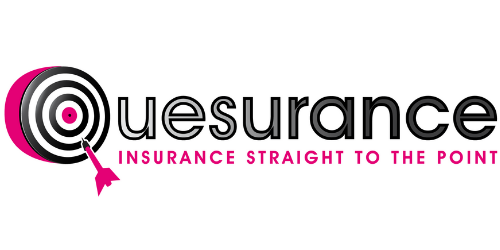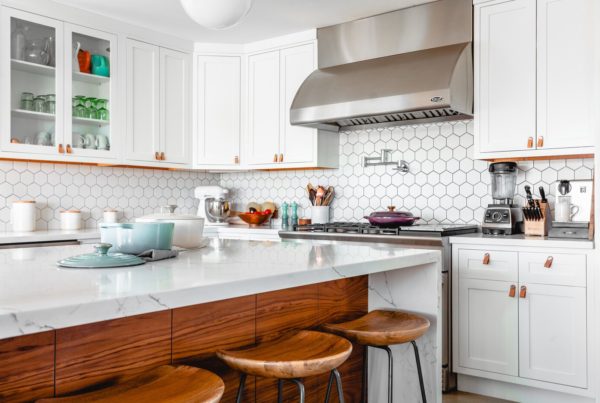
There are numerous details and strategies to consider when dealing with the real estate market. If you want to try investing in it, you should be aware of the ins and outs of securing your properties. For example, residential and commercial properties can give you a sustainable model of consistent income. However, owning commercial property has its caveats in particular situations.
COVID-19’s impact brought plenty of complications with landlords across the world. The effect of the pandemic on landlords came with plenty of headaches. With businesses shutting down due to the inability to maintain operations and rent, landlords are left with vacant properties. Since these properties don’t generate income, they’re generally a greater risk for insurance companies.
The Issue with Insuring Owning Vacant Properties
Contrary to popular belief, it’s considerably harder to protect a commercial property when it doesn’t have a tenant. This is because security and maintenance will fall on the landlord or property manager 24/7. This is a variable factored in by insurance companies. Thankfully, you can still protect your vacant properties while the economy is healing from the global pandemic’s threats.
In this article, we’ll share three things you should know about insuring your vacant properties.
1. Vacancy Clauses
Most exclusions in commercial property policies include coverage that will last for up to 30 days of the vacancy. This status of being vacant occurs when less than 31 percent of the total square footage is in use.
Coverage will no longer be in effect if the property experiences damage due to vandalism, water damage, theft, or attempted theft for more than 60 days. Additionally, any form of coverage for fire, flooding, or earthquake coverage’s payable amount is reduced to 15 percent.
Keep in mind that different policies will have varying particulars on these clauses. This is why it’s best to contact your insurance provider for specifics.
2. Excluded Items
While your standard commercial property insurance will have limitations on protecting your assets, you can still add a Vacancy permit endorsement. This is attached to your commercial property policy to reinstate coverage for potential losses due to theft, natural disaster, and other potential damages. This is a provision you can apply for if these hazards are present, but the insurer has no inclination to underwrite the exposure. If you’re sure that your property will be vacant for an extended period, you can consult with your insurer to choose the right coverage to maintain protection for your property.
3. Security Additions
While your property is vacant, it’s more prone to damage from various fronts. For this reason, you need to regain your insurer’s trust by making necessary repairs or security additions to your property. For example, you can double-check your plumbing to prevent leaks while you’re unavailable to inspect your properties. You can also install security monitoring to reassure your insurer of your ability to reduce the risk factors of facing damage to your property.
Conclusion
Investors can breathe a sigh of relief as different states in the US are finally loosening quarantine restrictions. With the threat of COVID-19 growing tamer by the day, trust in the economy is also starting to rise again. This leads to physical establishments opening once more and consumers out and about browsing brick-and-mortar stores. However, before this vision becomes a reality, you should remain steadfast and secure your properties in the meantime.
Once you’ve found the right insurance provider, you’ll have fewer issues with maintaining the protection of your commercial properties. At Quesurance, we give our clients quality protection of their assets from any harm. So if you’re looking for dynamic commercial insurance packages, call us today at (866) QUE-2121.




